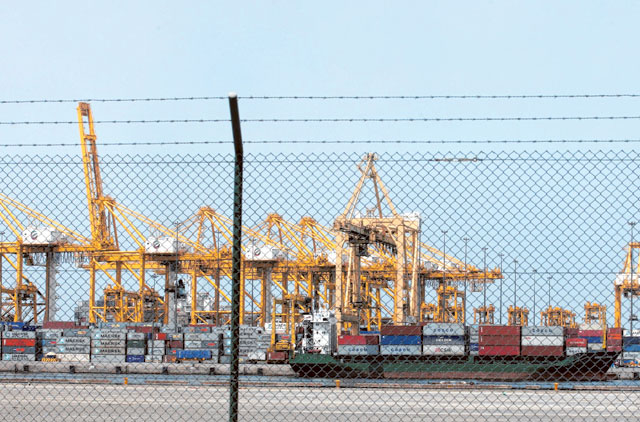The single most important factor limiting the growth of small and medium enterprises has been the lack of adequate financial resources. There is a reluctance by banks to extend credit to these units and the banking system has literally failed the SME sector, a vital contributor to the economy.
The banks’ approach typically veers round the thinking that credit lines are best extended to those who do not need them, implying no risk to lenders. The few banks which promise to support the SME sector do so mostly by way of posturing and for deriving PR mileage. So, even when they offer to lend money, they put conditions that these units can hardly meet. If indeed they are able to meet those conditions, they wouldn’t have possibly required such funding in the first instance.
The new rules adopted by the Securities and Commodity Authority relating to the issuance of sukuks and debt securities provide an attractive option for the SME sector by opening up an area that has hitherto remained inaccessible to them. Under the new rules, the minimum size of a sukuk offering has been reduced from Dh50 million to Dh10 million, which means a large number of SME units would qualify to become issuers.
The SCA rules also envisage that the Authority can lower this floor level further in case of deserving cases, provided the enterprises can convince the Board about the need for a smaller issue. The small and medium enterprises also have an option of issuing debt for a smaller size of Dh5 million to qualified investors in the form of Exempted Debt Securities, which may not, however, be sold to the public. These could be in the form of pure debt or convertible to equity on a future date.
Equity route
Similarly, Jebel Ali Free Zone companies will soon have the opportunity to tap the capital market to fund growth through the equity route by listing their shares on Nasdaq Dubai, for which a framework is being developed by the Jebel Ali Free Zone Authority and the exchange management.
Jebel Ali Free Zone companies can go for an initial public offering or other listings on the exchange by offering as little as 25 per cent of their shares, allowing owners to keep control of the business. But such companies need a market capitalisation of at least $10 million. They have the option of either primary or dual listing, which will be authorised by the Dubai Financial Services Authority, the regulator for Nasdaq Dubai.
Jafza hosts more than 7,300 companies, engaged in trade and manufacturing activities in diverse sectors including electronics, chemicals and petroleum products, construction material, automotive, machinery and equipment, food, health care and pharmaceuticals among others. A large number of them have grown over the years into major players in their respective areas of activity and would therefore be ideal IPO candidates.
The sukuk bond and equity markets offer a high-potential platform for SMEs to raise resources which have so far been denied to them by the banking system, but the most important condition for them to utilise this opportunity is that they need to come out of their shell and be ready to face the brave, bold world outside.
SMEs typically suffer from a small-world mentality, which creates an inhibition for them to seek resources outside the conventional channels. The threat of losing management control has been a major deterrent, but this issue has largely been addressed by the provision for a smaller float, which will help them retain majority ownership and at the same time bring access to a new world of financial resources.
It is certainly a great opportunity, but has its own challenges and the owners of the small and medium businesses have to prove themselves to be equal to the task.
— The writer is a journalist based in Dubai













